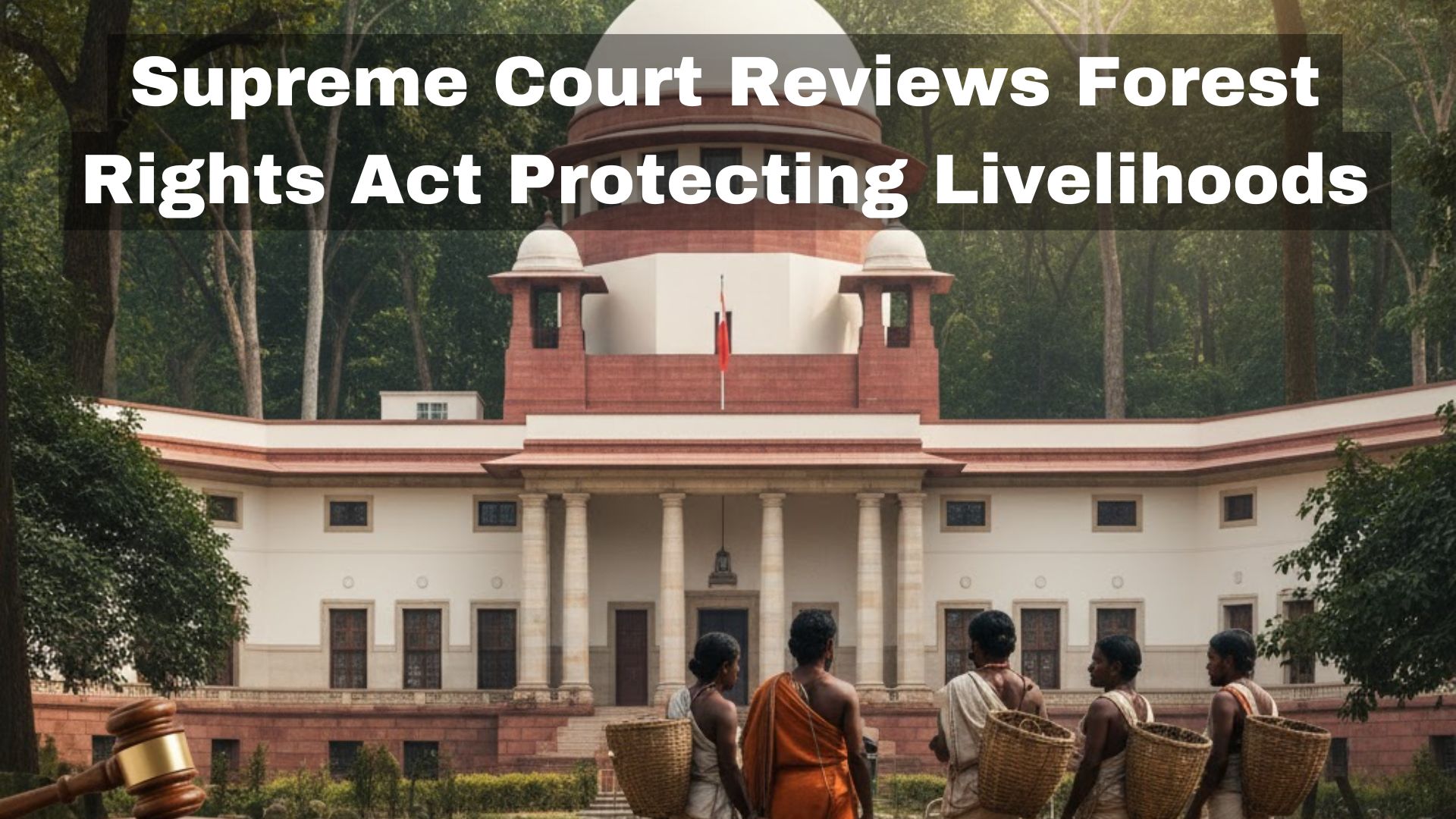BY THE COURT :
The appellant had filed a refund claim which was rejected by the Asstt. Collector of Central Excise. The appellant filed an appeal before the
Collector (Customs) and the appeal was allowed. The respondent, the Collector of Central Excise, filed appeal there against before the Customs,
Excise and Gold (Control) Appellate Tribunal (CEGAT). The appeal was on Board for hearing on 31st August, 1987. When the appeal reached
hearing, the appellant (before us) was not represented. CEGAT heard the Departmental Representative in support of the appeal and decided it ex
parte against the appellant on merits. At about 11.30 a.m. on the same day CEGAT was told that the counsel for the appellant had been held up
and would soon reach CEGAT. The informant was told that the appeal had already been heard and disposed of. The Bench having risen, the
counsel for the appellant met the Vice-President of CEGAT in his chambers and, explaining why he had been held up, requested that the ex parte
order on the appeal be recalled and the appeal be heard on merits. The counsel was told, very rightly, to put his request in writing. An application
in this behalf was filed. When the application was heard, learned counsel for the appellant stated what had delayed him, relied upon r. 41 of the
CEGAT (Procedure) Rules, 1982, and prayed for recall of the order dismissing the appeal on merits. The learned Departmental Representative
representing the respondent, ""while submitting that he would have no objection to the order being recalled, stated that the Tribunal, in view of rr.
20 and 21 of CEGAT (Procedure) Rules, 1982, had no power to recall or set aside such an order passed on merits in absence of the
respondents"". CEGAT considered the provisions of rr. 20 and 21 and r. 41. It observed that it could be seen from rr. 20 and 21 that whereas the
proviso to r. 20 provided for restoration of an appeal dismissed in default on sufficient cause being shown, there was no such provision with
respect to an appeal heard ex parte in the absence of the respondent to it under r. 21. CEGAT noted the nature and true character of the order
which it passed. It noted the decision of this Court in 287160 . It found that where a respondent had not availed of the opportunity to put forward
his case, CEGAT was not absolved of its responsibility to decide. It held :
Therefore, even if respondent was not present when the appeal was called for hearing, would not absolve the Tribunal from deciding the appeal
on merits on the basis of material on record. That in fact the Tribunal did. The decision taken by the Tribunal in the absence of the respondent is
not an ex parte decision or decree as understood under the CPC or in a civil Court and if it is a decision on merits, we fail to see how we can
review or set aside the same. Recalling the order passed on merits would in fact amount to setting aside or reviewing an order decided on merits.
In doing so, the Tribunal would be exercising a power which is not vested in it by law. We do not think that in such a situation r. 41 of CEGAT
(Procedure) Rules, 1982 could be pressed into aid by the appellants in support of their request for recalling the order.
2. This is the judgment and order of CEGAT under challenge. Learned counsel for the appellant submitted that r. 41 was wide enough to take
within its sweep the recall of an order passed on the merits of an appeal if such order was necessary to secure the ends of justice. Mr. Joseph
Vellapally, learned counsel for the respondent, fairly, did not disagree.
3. Our attention was invited to the judgment of this Court in ITO vs. M. K. Mohammed Kunhi (1969) 71 ITR 460, where the question related to
the powers of the Tribunal under s. 254 of the IT Act, 1961. Reliance was placed upon Sutherlands Statutory Construction, Third Edn., Domats
Civil Law, Vol. I, and Maxwell on Interpretation of Statutes, 11th Edn. to hold that it was a firmly established rule that an express grant of
statutory power carried with it, by necessary implication, the authority to use all reasonable means to make such grant effective. The powers which
had been conferred upon the Tribunal were of the widest possible amplitude and carried with them, by necessary implication, all powers and duties
incidental and necessary to make the exercise of those powers fully effective. Having regard to its powers under s. 254, it was held that the
Tribunal had impliedly been granted the power of doing all such acts and employing such means as were essential and necessary to its ends. The
statutory power carried with it the duty in proper cases to make such order for staying proceedings as would prevent the appeal, if successful,
from being rendered nugatory.
4. In 274320 , the same principles were applied in relation to the Industrial Tribunal constituted under the provisions of the Industrial Disputes Act.
It was held that where a party was prevented from appearing at a hearing due to sufficient cause and was faced with an ex parte award, it was as if
the party was visited with an award without notice of the proceedings. Where an Industrial Tribunal proceeded to make an award without notice to
a party, the award was nothing but a nullity. In such circumstances, the Industrial Tribunal had not only the power but also the duty to set aside the
ex parte award and to direct the matter to be heard afresh. The rule in question (r. 22 of the Industrial Disputes (Central) Rules, 1957) provided
that without sufficient cause being shown, if any party to proceedings before the Industrial Tribunal failed to attend or be represented, the Industrial
Tribunal could proceed as if the party had duly attended or had been represented. If, therefore, there was no sufficient cause for the absence of a
party, the Industrial Tribunal had the jurisdiction to proceed ex parte. But, if sufficient cause was shown which prevented a party from appearing,
the Industrial Tribunal had the power to set aside the ex parte award. The power to proceed ex parte carried with it the power to enquire whether
or not there was sufficient cause for the absence of a party at the hearing.
5. Rule 20 of the CEGAT (Procedure) Rules deals with cases where the appellant has defaulted. Rule 21 empowers CEGAT to hear appeals ex
parte. The fact that r. 21 does not expressly state that an order on an appeal heard and disposed of ex parte can be set aside on sufficient cause
for the absence of the respondent being shown does not mean that CEGAT has no power to do so. Rule 41 gives CEGAT wide powers to make
such orders or give such directions as might be necessary or expedient to give effect or in relation to its orders or to prevent abuse of its process
or, most importantly, to secure the ends of justice.
6. If, in a given case, it is established that the respondent was unable to appear before it for no fault of his own, the ends of justice would clearly
require that the ex parte order against him should be set aside. Not to do so on the ground of lack of power would be manifest injustice. Quite
apart from the inherent power that every Tribunal and Court constituted to do justice has in this respect, CEGAT is clothed with express power
under r. 41 to make such order as is necessary to secure the ends of justice. CEGAT has, therefore, the power to set aside an order passed ex
parte against the respondent before it if it is found that the respondent had, for sufficient cause, been unable to appear.
7. It is for CEGAT to consider in every such case whether the respondent who applies for recall of the ex parte order against him had sufficient
cause for remaining absent when it was passed and, if it is established to the satisfaction of CEGAT that there was sufficient cause, CEGAT must
set aside the ex parte order, restore the appeal to its file and hear it afresh on merits.
8. On the facts of the present case, we think it proper to allow the appellants application to CEGAT for setting aside the ex parte order against it
ourselves.
9. The appeal is allowed. The order under appeal is set aside. The application of the appellant for recalling the order dt. 31st August, 1987,
passed by CEGAT ex parte against it is allowed. The Appeal (No. 590/84C) before CEGAT is resorted to its file and shall be heard and
disposed of on merits.
10. There shall be no order as to costs.

